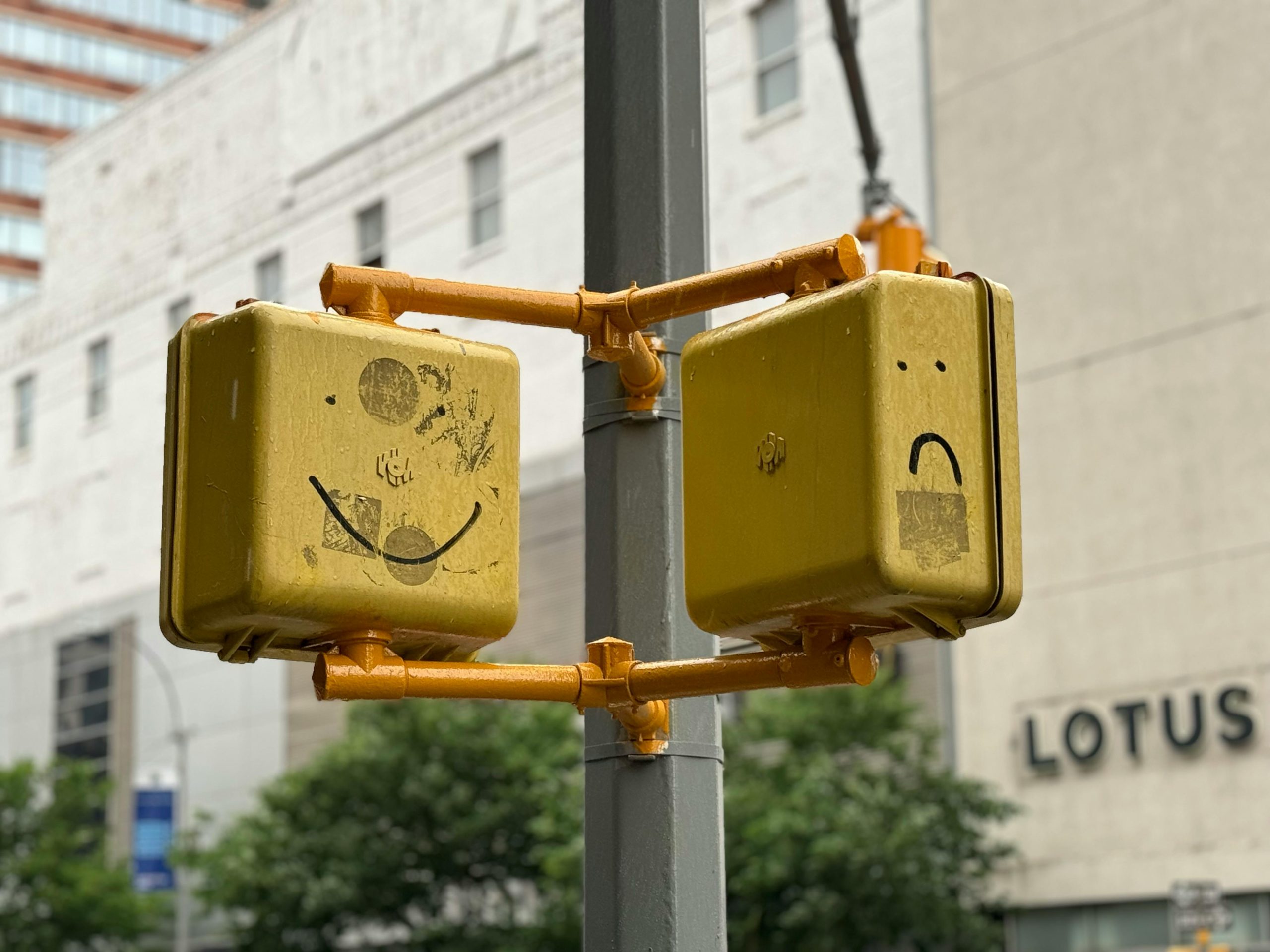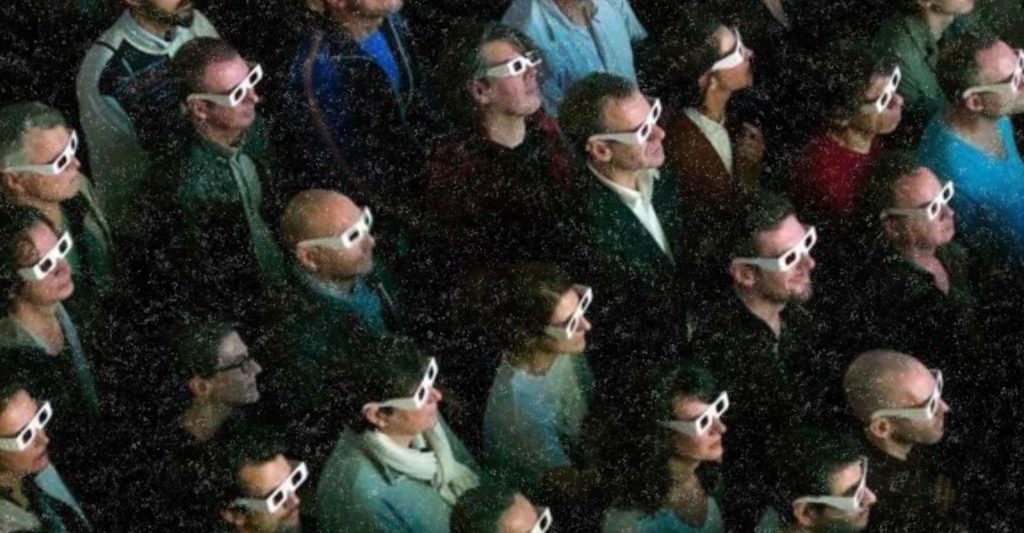
What ADHD Might Be Telling Us About Our Brains
Nowadays it’s sometimes hard to tell where distraction ends and dysfunction begins. We live in a world of push notifications and dopamine loops, where every screen flashes a new demand, and every app promises connection but just delivers more noise. It’s no wonder so many people feel overwhelmed, scattered, and perpetually behind. At some point, being distractible stopped feeling like a weakness—and started to look like a strangely rational adaptation.
Maybe that’s exactly what it is.
More and more neuroscientists are beginning to suggest that what we call ADHD may, in some cases, be less a disorder and more a coping mechanism—an instinctive response to a world our brains were never built for. A kind of emergency override. Our biology is still wired for an earlier time—for scarcity, not saturation. In this context, the rising rates of ADHD diagnoses don’t feel like a mystery. They feel like the body doing what it must to protect itself from an environment it no longer understands. When the input never stops, something has to shut down.
Mayim Bialik—yes, that Mayim Bialik, the actress turned neuroscientist—spoke about this recently in a conversation with Deepak Chopra. She talked about the brain’s remarkable ability to rewire itself, to adapt to whatever we feed it. But there’s a catch: adaptation isn’t always growth. Sometimes the brain isn’t building capacity. It’s just trying not to drown.
That idea landed hard with me, because it reframes what so many of us experience. Maybe the lapses in memory, the scattered focus, the mental fatigue—we’ve been interpreting them as flaws in our willpower, when really they’re symptoms of something deeper. Our brains aren’t broken. They’re just trying to keep up with the world we find ourselves in.
Some argue that AI could help here. That it might eventually adjust to our individual rhythms, our cognitive styles, even our mental limits. That it could ease the burden instead of adding to it. And maybe that’s possible. In a more humane world, maybe technology could meet us where we are. But I’m not holding my breath. Not because the tech isn’t promising, but because the people building it don’t seem especially interested in making it kind. Efficiency, scale, disruption—these are the real buzzwords. Empathy doesn’t tend to make the pitch deck.
If anything, we’re heading toward a new kind of Darwinism, engineered by code: a survival of the most adaptable, the most productive, the most optimized. But we’re not just data points. We’re human beings—with nervous systems, with emotions, with stories. And when we forget that, we build systems that forget it too.
Here’s what worries me most: as we become faster, smarter, more technologically advanced, are we also becoming lonelier? Less grounded? Less capable of real connection? Maybe ADHD isn’t the glitch. Maybe it’s the clue. A mirror showing us that something isn’t right—not just in individuals who may receive a diagnosis, but in all of us. If we’re truly paying attention, maybe that’s the place to start.
Choose a Subscription
Shop +wellvyl APPAREL











